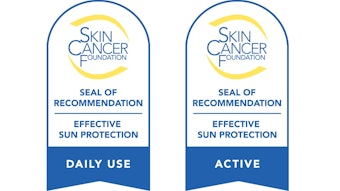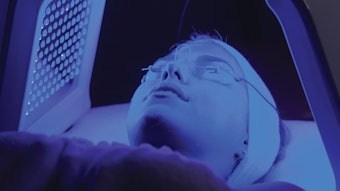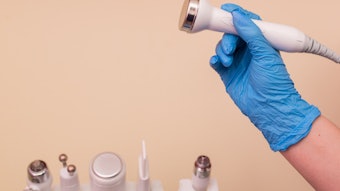
As the voice of the beauty industry, the Professional Beauty Association (PBA) frequently monitors the political landscape and acts as a vocal advocate on public policy issues that impact salons, spas, distributors and manufacturers. The 2009-2010 legislative calendar continues to be extremely active at the federal and state levels. Following are the latest updates on some of the key issues PBA is monitoring:
Card check and the unionization of the spa industry
The Employee Free Choice Act, also known as "Card Check," is one of the biggest legislative threats to the spa/salon industry and would completely change the economics of union organizing. With Card Check, once a union persuades more than 50% of workers to sign membership cards, the union would automatically be certified and employees would be members of the union, even if they had refused to sign. It would also be illegal for workers to hold a secret ballot election. Another potential threat from this legislation would allow union organizers to sign two or three employees in a business to create a mini-union. As with any union, employers would have to collectively bargain with employee unions. PBA has joined a national coalition of businesses and trade associations to actively oppose this legislation. Update: Labor unions have strong support in Congress, but may still be a few votes shy in the U.S. Senate. The situation is fluid and the outcome is unknown. PBA strongly urges members and nonmembers alike to contact their representatives in Congress through www.probeauty.org/advocacy and voice their concern.
Spa owners push for FICA tax credit legislation
The average salon loses $11,000 in tax credits for taxes paid on employee tips. The Small Business Tax Equalization & Compliance Act is Congressional legislation that would provide a dollar-for-dollar tax credit on the 7.65% FICA taxes salon owners pay on employees' tip income. The restaurant industry secured a FICA tax credit several years ago and PBA is working with spa/salon owners from around the country to advance this issue in Congress in the 2009-2010 legislative sessions. Update: This has the potential to see action in 2010 as Congress considers new tax legislation. PBA members are urged to contact their members of Congress through www.probeauty.org/advocacy.
Congress considering new beauty and cosmetic regulations
The Food & Drug Administration (FDA) Globalization Act of 2009 (HR 759) is follow-up legislation to a bill that was drafted in 2008. The 2008 legislation contained several worrisome provisions for the beauty industry, including a $2,000 mandatory facility registration fee and a $10,000 annual import registration fee, in addition to documentation on potential adverse events concerning manufacturer products. PBA continues to examine the full impact of the bill and has joined with other industry trade organizations to raise concerns on the potential financial burden on small businesses. Update: HR 759 was introduced in Congress in January 2009. Congressional action on this legislation is not expected until late 2009 or 2010.
Elimination of LIFO accounting method bad for distributors and manufacturers
LIFO is an inventory accounting method used by companies to determine both book income and tax liability. The restricted use or repeal of LIFO is likely to negatively impact companies in the beauty industry, such as distributors that rely on effective inventory management to remain profitable. They could be seriously impacted by a loss in revenue through a largely increased tax burden. LIFO repeal has been defeated in Congress before, but the idea is gaining traction as Congress considers new spending programs that require tax revenue to pay for them. Update: Likely to see action on LIFO in 2009–2010 as Congress considers ways to pay for comprehensive health care reform.
New mandatory paid-leave bill threatens small businesses
Mandatory paid-leave legislation, known as the Healthy Families Act, was recently introduced in Congress and requires employers to provide seven paid sick days per year to workers to care for their own or a family member's medical needs. This applies to employers with 15 or more employees. PBAs position opposes the mandatory paid sick leave because it assumes that small business owners do not provide flexible leave policies and forces owners to implement policies that may not be in the best interest of their company or their employees. Update: Legislation currently has 100 Democratic co-sponsors. Likely to see legislative action in 2009 as sponsors may consider pairing legislation with pending health care reforms.
Congress may tackle credit card interchange fees
For years, small businesses, such as spas, have been waging a war with credit card companies over interchange fees, which are a percentage of each transaction collected from merchants every time a credit/debit card is used to pay for a purchase. The Government Accountability Office (GAO) has been ordered by Congress to study the use of credit by consumers, and in particular, the effect that interchange fees have on consumers and merchants. Update: The GAO is to report its findings to Congress in six months, along with any recommendations for legislation.









